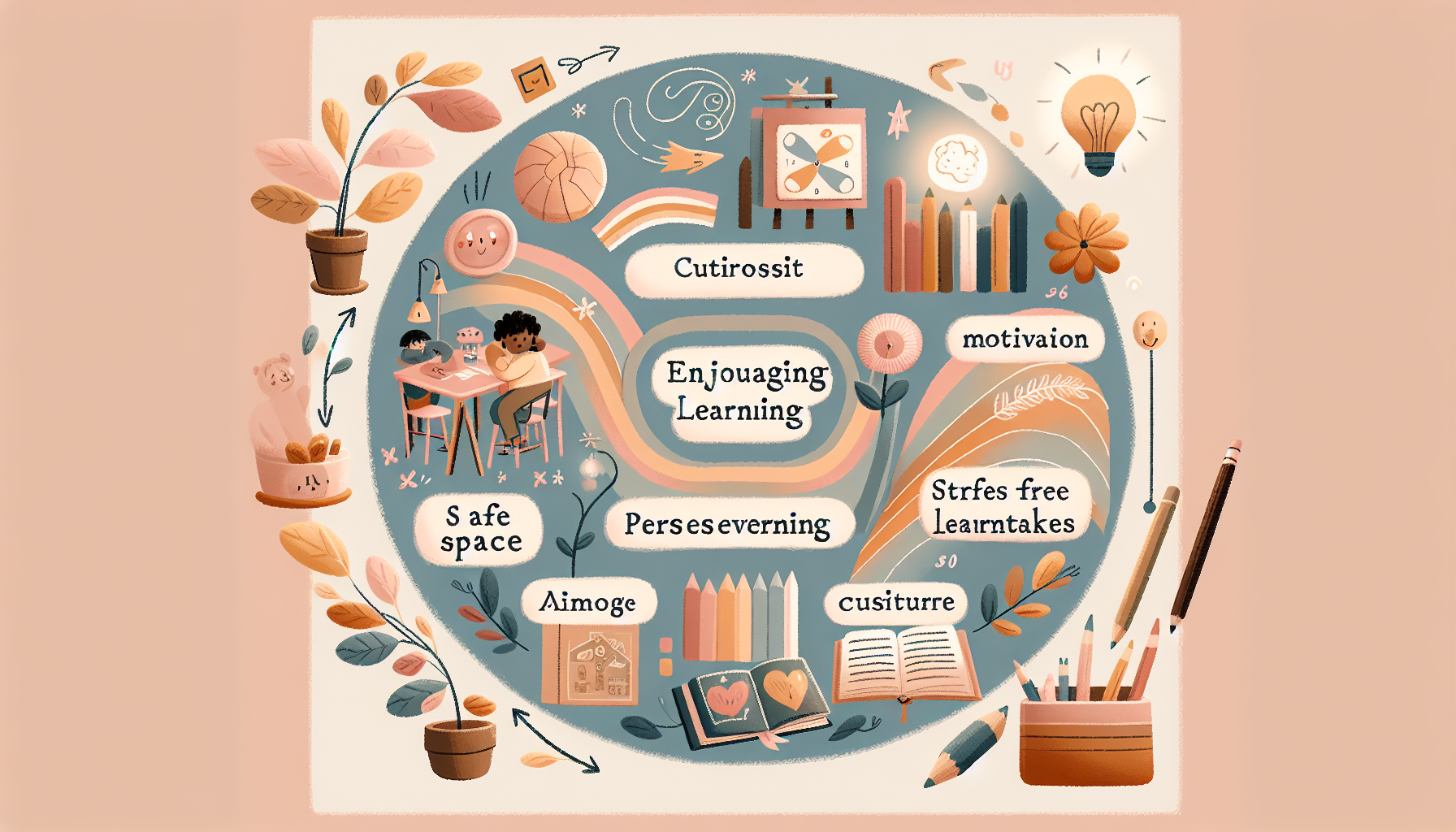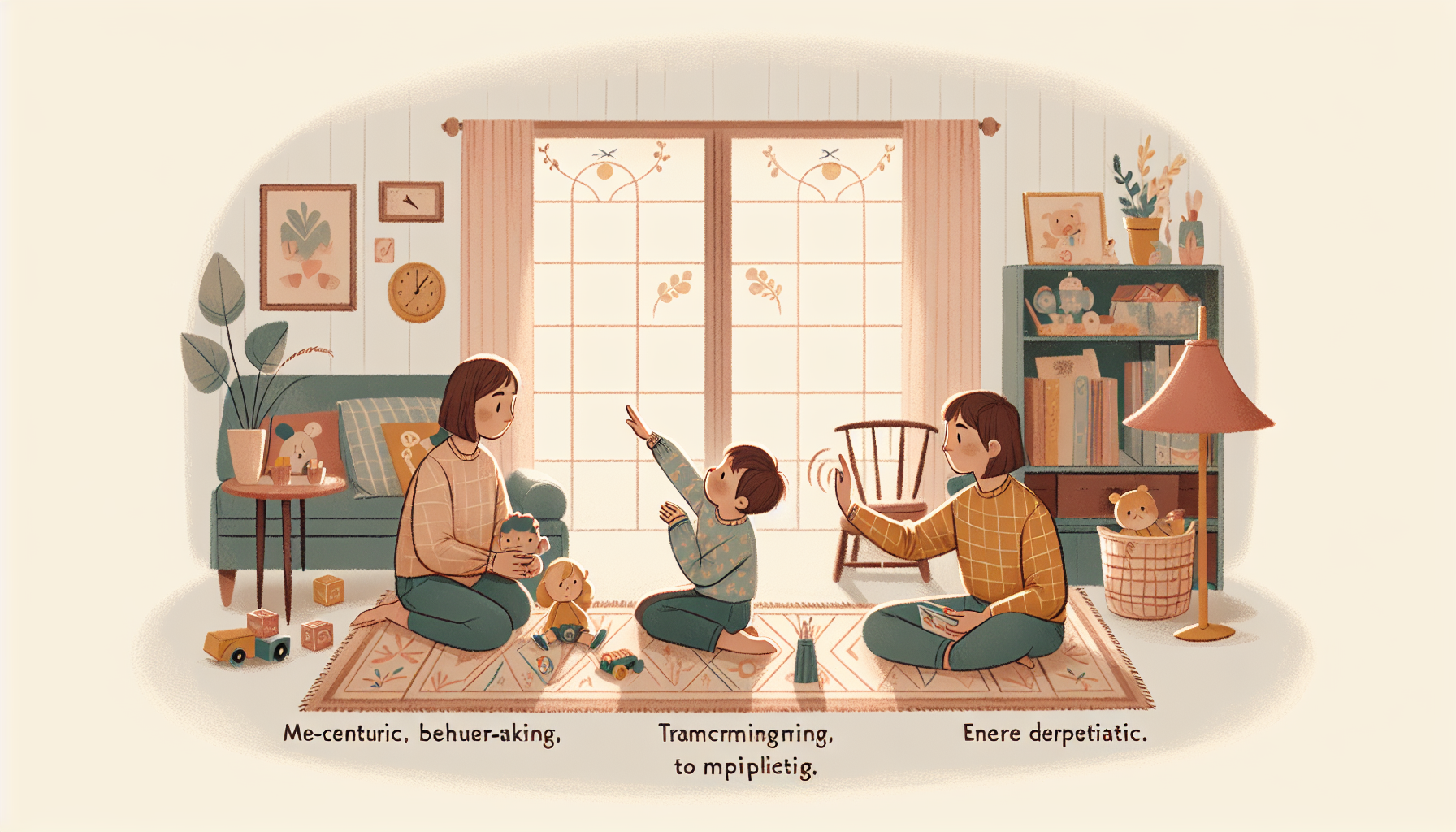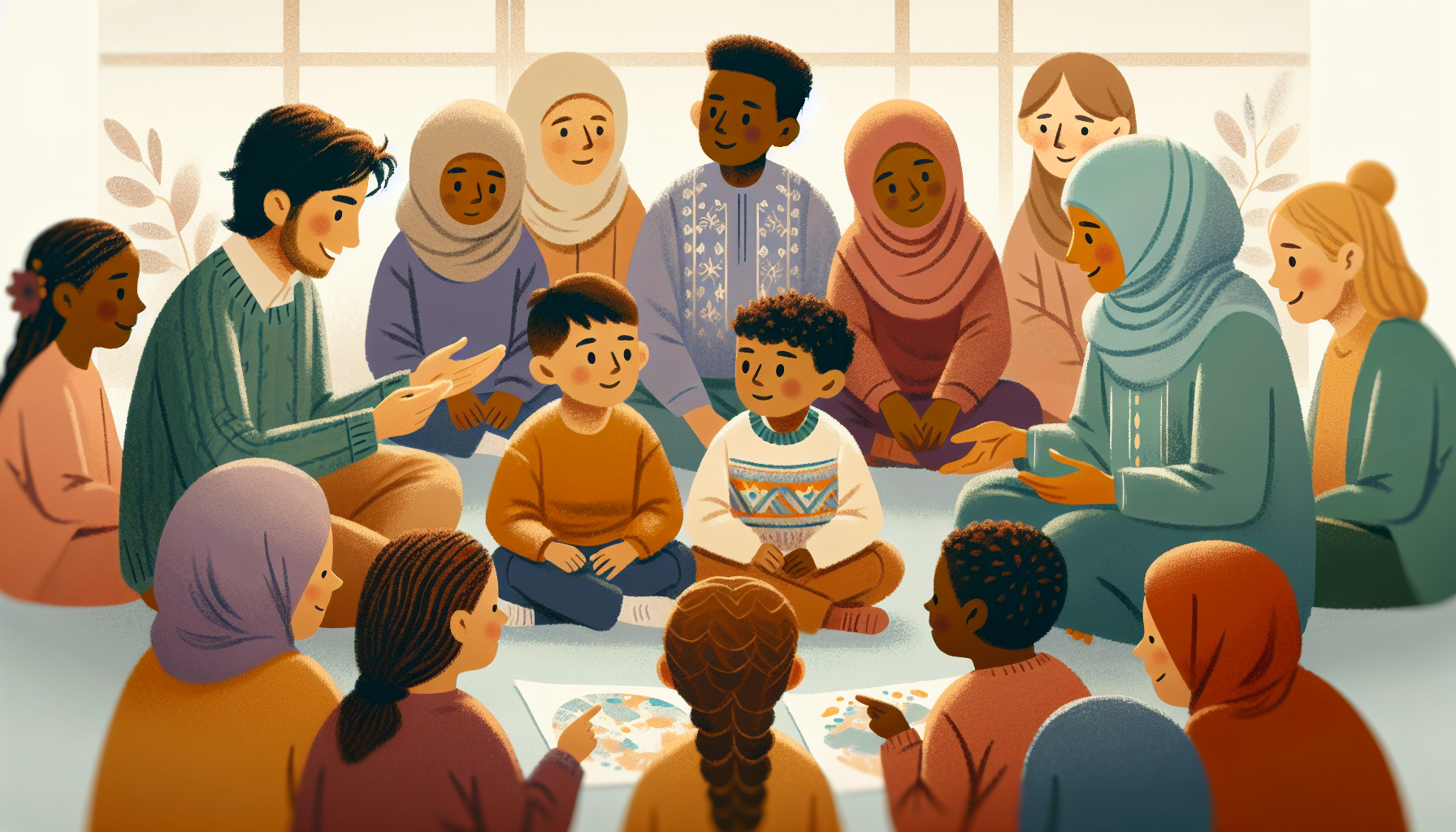Encouraging teamwork in family activities
Encouraging Teamwork in Family Activities: Building Stronger Bonds Through Cooperation Let me paint you a picture. It’s Saturday morning, and I’ve decided it’s the perfect time for a family cleaning day. The living room looks like a toy explosion, and
Read More









